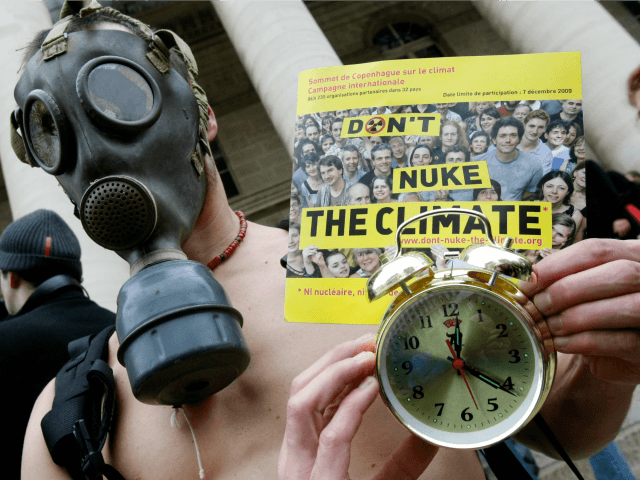The world’s sixth mass extinction apocalypse is due to begin around 2100, claims a professor at MIT.
According to Daniel Rothman, professor of geophysics in the MIT Department of Earth, Atmospheric and Planetary Sciences and co-director of MIT’s Lorenz Center, we are fast approaching “thresholds of catastrophe” in the carbon cycle which make doom almost inevitable.
In a paper published today in Science Advances, he proposes that mass extinction occurs if one of two thresholds are crossed: For changes in the carbon cycle that occur over long timescales, extinctions will follow if those changes occur at rates faster than global ecosystems can adapt. For carbon perturbations that take place over shorter timescales, the pace of carbon-cycle changes will not matter; instead, the size or magnitude of the change will determine the likelihood of an extinction event.
Taking this reasoning forward in time, Rothman predicts that, given the recent rise in carbon dioxide emissions over a relatively short timescale, a sixth extinction will depend on whether a critical amount of carbon is added to the oceans. That amount, he calculates, is about 310 gigatons, which he estimates to be roughly equivalent to the amount of carbon that human activities will have added to the world’s oceans by the year 2100.
If we get a repeat of the Great Dying, 275 million years ago, what this means basically is that we are all going to die. Even you.
But before you ring up your grandchildren and warn them to cancel the marquee they’ve booked for their 100th birthday celebrations, perhaps a note of caution should be attached to professor Rothman’s cheery prediction.
First, let’s not forget it that it is flatly contradicted by the recent bombshell study suggesting that the effects of carbon dioxide on global warming have been overstated, that the computer models are running “too hot” and that we’re not about to fry any time soon.
Second, Rothman appears to have given himself so much margin for error as to render his doomsday projection meaningless.
Does this mean that mass extinction will soon follow at the turn of the century? Rothman says it would take some time — about 10,000 years — for such ecological disasters to play out. However, he says that by 2100 the world may have tipped into “unknown territory.”
“This is not saying that disaster occurs the next day,” Rothman says. “It’s saying that, if left unchecked, the carbon cycle would move into a realm which would be no longer stable, and would behave in a way that would be difficult to predict. In the geologic past, this type of behavior is associated with mass extinction.”
R-i-g-h-t. So what you’re saying, Dr Rothman, is that you’re allowing plus or minus 10,000 years’ leeway for this mass extinction which won’t definitely happen but which “may” happen.
Do you know what? Even though I’m not a professor of geophysics at MIT, I think even I could have come up with a scientific theory as rock-solid and testable as that one.

COMMENTS
Please let us know if you're having issues with commenting.